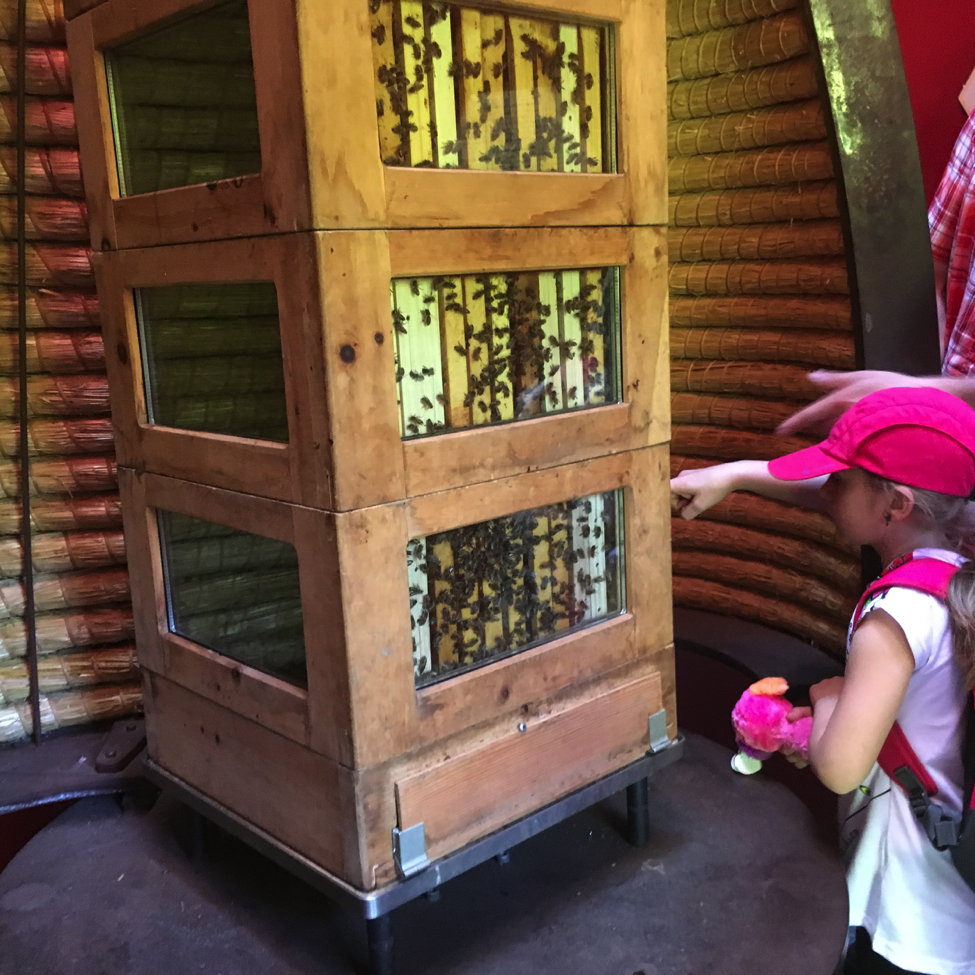the age of reason
One of the most interesting parts of parenthood lies in the humor of realizing that children are always changing. As soon as I felt that I was beginning to understand my daughters’ behaviors, the game seemed to change and I was left scrambling to meet a whole new stage of development. Change takes parents by surprise, especially when they feel that after the initial phase of adjustment into parenthood they were finally enjoying a predictable routine themselves. Adults can be taken aback when, after the first few years of early childhood, a metamorphosis takes place. Their rules are now questioned, their opinions are interrupted, they are accused of not being fair, and they arrive at school to meet a dishevelled first grader wearing shoes with open laces and yesterday’s t-shirt (the one that doesn’t match today’s pants). Perhaps what seems to hurt the most is the sense that their child is losing that special need to connect with them and is increasingly drawn towards a peer group. Some parents wonder “What is happening?”
The good news is that change is normal! Responding to a child’s actions or words always requires patience and compassion based on an informed open mind. Before you go out exploring with your six year old, take a little time to reflect on who they are at this moment in time, in their overall child development.
Your six year old is a social being.
They will be attracted to collaborative activities. You both need to wear shoes and pants that will be practical for spontaneous wall climbing and puddle wading if you want to have an enjoyable walk in the woods. For this age group, nothing is as much fun as activities done together.
Your six year old is developing a social and ethical conscience.
A six year old will be instinctively empathetic towards people or animals encountered on an outing. Situations that seem improper or unfair will be questioned by children at this age. This emerging interest in moral codes should not be confused with rude manners. Be prepared to discuss topics with your child as they arise. Be aware of where you intend to visit and be respectful of your child’s reaction to any situation you encounter.
Your six year old is becoming a logical thinker.
Most six year olds begin to question everything they encounter, including humanity and its relationship with the entire universe. A walk down the street can present possibilities for conversation using hands-on experience. The dandelion growing out from the pavement can invite discussion on the phenomena of seed dispersal, urban planning, pesticides or the use of Latin in biology. Be open to admit to a six year old that you don’t know all the answers. This is a wonderful opportunity to visit the library together, which is a more socially engaging activity than quickly surfing the internet for information.
Your six year old is seeking role models.
The more you can engage in active exploration rather than verbal advice, the better! At this age your child is noting everything you do, while seeming to heed a little less of what you say. Around the age of six it is natural for your child to develop a deeper interest in the attitudes and opinions of their peers. You will need to make a dramatic impression!
At this age, there is so much scope for enhancing any outdoor adventure. A trip to the botanic gardens can precede a stop over at the garden center. Your six or seven year old may want to help carry heavy purchases. Please allow this. This young person is developing a social conscience and wants more than ever to feel a contributing part of the family. Please allow your child to participate in choosing plants for the garden, and engage them with some responsibilities such as watering or weeding a small section of space. If a child can enjoy the feeling of ownership over a project, the connection and dedication will be much stronger.
Supplement trips with related reading material. For children who struggle with reading, be creative and employ podcasts or books on CD. This is not avoiding reality, but is associating the natural environment with pleasant experiences that will not be unduly stressful. Good literature can be presented in many forms, through plays, family read alouds and ideally a developing habit of personal reading time. Because a six year old is so sensitive to role models, however, it is recommended that parents are seen to incorporate reading into their daily lives. Even fifteen minutes each day, during which your child actually sees you sitting down and reading a book or a magazine sends a powerful message; reading is not just a useful skill, but it also provides nourishment for the mind.
Here are some nature-related reads, with strong role models for children aged six and over:
Hatchet Gary Paulsen
My Side of the Mountain Jean Craighead George
King of the Wind Marguerite Henry
Little House Series Laura Ingalls Wilder
The Wind in the Willows Kenneth Graeme
The Trumpet of the Swan E.B. White
The Secret Garden Frances Hodgson Burnett
Kokopelli’s Flute Will Hobbs
Hoot Carl Hiaasen
A Week in the Woods Andrew Clements


